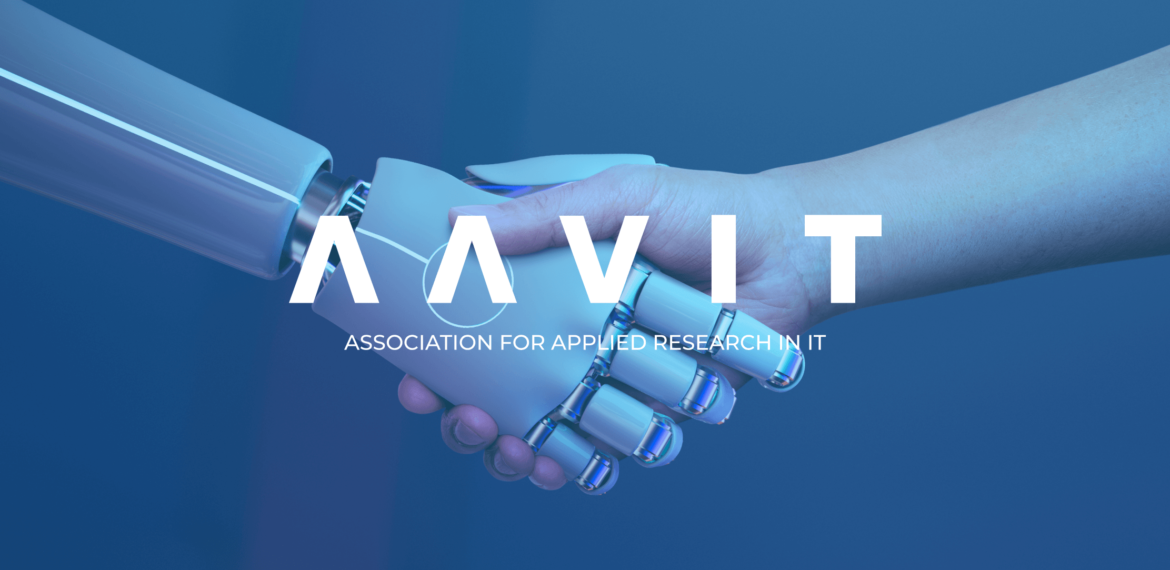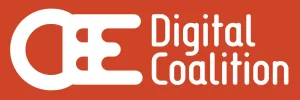
AAVIT is a new digital business association led by Dlouhý from Kiwi.com
AAVIT is a new digital business association led by Dlouhý from Kiwi.com
The Association for Applied Research in IT (AAVIT) has been founded with the support of a group of several well-known Czech companies to support, among other things, the creation and retention of IT jobs and the digitisation of public administration.
The aim of the association is to secure funding in the field of applied research in IT or legislative changes in state support for research and development. AAVIT wants to collectively defend and support all interests of entities in the field of applied research in IT and support activities in the digitalization of government, creation and retention of jobs in IT or GDP growth in the field of applied research.
“The founding members of the association plan to support, through a range of activities, all individuals and legal entities who are unsure of how to build a concept for their own applied research in the IT sector, which has a steadily growing share in the Czech GDP. The association will profile itself through both expert advice and its own initiatives.”
added Oliver Dlouhý, founder of Kiwi.com and president of AAVIT.
Members of the association include several IT companies and manufacturers of sophisticated CNC machines
The founding members of the association include companies such as CREATIVE MELONS, TopMonks, eMan and Fermat, which are engaged in a wide range of IT solutions from digitalization through consulting to the production of specialised industrial machines responding to Industry 4.0 trends. The interest of the new members of the association is thus not limited “only” to applied research in the field of IT, but also in other fields.
How will AAVIT support research?
The association will support applied research in IT in several ways. The association will support the lack of educational resources in this sector, such as specialised courses, through its own publishing, information and consultancy activities. It also wants to help its members in negotiations with government authorities responsible for setting public support programmes.
“We want to boost the awareness and improve fluidity of processes in the field of applied research in the IT sector. The scientific community does not have enough information about the possible use of subsidies or the involvement of the public administration in supporting its research and development activities.” Dlouhý concluded.


